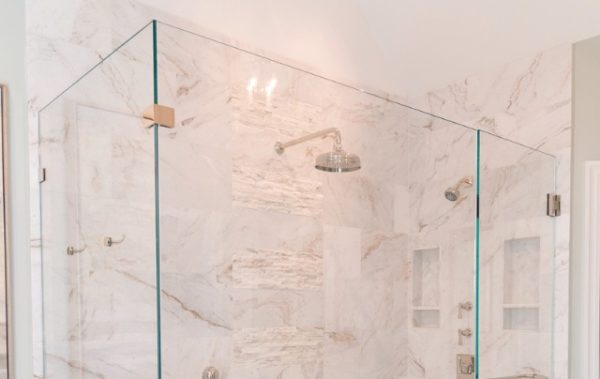Organic Gardening in Southern Climates

by Holly Brooks, principal, King Landscaping The weather in Atlanta this year—a wet winter followed by a rainy

Photo courtesy of Holly Brooks, King Landscaping
spring, and a soggy summer plagued with both heavy downpours and late afternoon pop-up showers—has created a perfect environment for fungal and insect problems. Before rushing into battle with an arsenal of chemicals, set realistic expectations; nothing, chemical or otherwise, will eradicate fungus or insects completely. What you can do is achieve some level of control without causing harm to the health of your family, your pets, and the environment by going the organic route. Fungal diseases thrive in hot, humid environments. One of the best strategies to prevent them from infesting your lawn and plants is to water at the right time of the day, around 4 a.m. Dew settles on grass or plants several hours before that, and watering will wash off fungus spores in the dew before they have a chance to take hold. It’s also advisable to set aside dreams of a lawn that rivals the green of a


Modern design in Atlanta

The Backbone of the Kitchen

Pineapple House Interior Design – Interior Design Before and After

Award-Winning Kitchens, Baths, Interior Design and More

Atlanta’s NKBA Designs of Distinction 2019 Winners

100 Things to Know Before You Remodel

What’s the simplest way to upgrade your window treatments?







